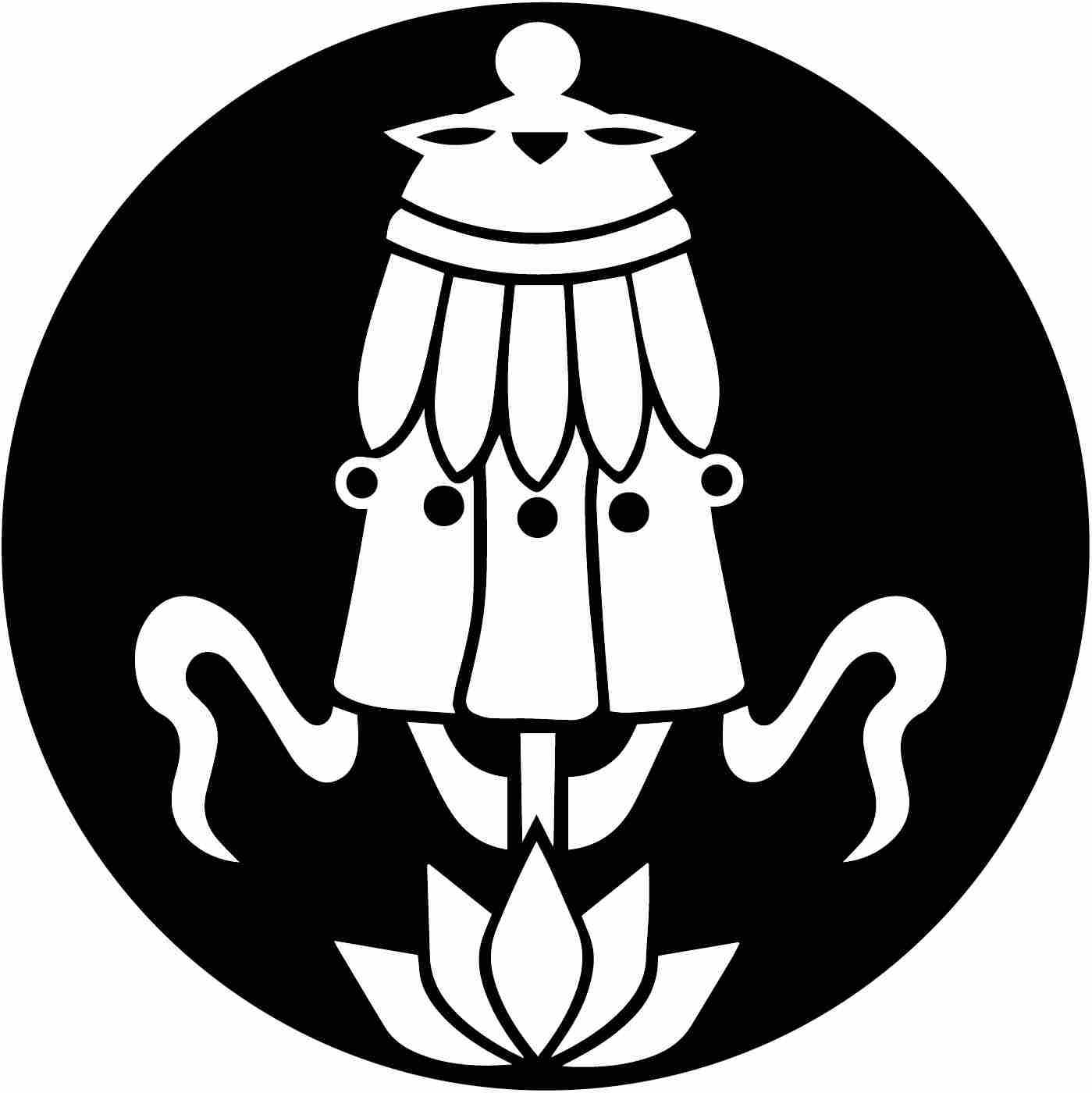The Membrane Covering My Face Translucent as Milk

Even after we crest the first hill the officer doesn’t slow the truck. We seem to pick up speed as he takes both hands off the wheel and leans over to unlock my cuffs. Once I am free, I bow to him and rub my wrists. I am keenly aware of being awake for more than twenty-four hours. Today at Yatuu Gol the children are riding in for their weekly lessons, the herders sending their sons into the monastery to learn the ancient script, each family wanting one child capable of reading the old prayer books on solemn occasions.
The officer uncaps his thermos and takes a long drink. When he finishes, he offers me some, but I shake my head. From where I am sitting I can smell the sourness. It is barely four in the morning and he is drinking airag, but the truth is the entire thermos might have the same alcohol content as one western beer. I’m Noyon, he says. I take a closer look, but there is nothing princely about him. Now that we are away from the family, Noyon seems to be in a better mood.
I’m Chuluun, I say.
I know, he says. You’re the stone and your brother’s the vicious dog.
I don’t say anything as I’m not surprised. In Mongolia we are not named for the sound of our names but for their meanings. Often rather than tempt the gods by gracing a child with a beautiful moniker, parents give the baby an unpleasant one. Perhaps this is why my father names my twin Muunokhoi after a savage animal and me for a rock. Twenty-three years ago Mun and I are born in the year after the Soviet Union loses its grip on Mongolia. Instantly, news of our births ripples through the five hundred square kilometers surrounding the volcano. Of course Noyon knows who I am. Twenty-three years ago when I am born he must be right here in sight of Yatuu Gol.
Through the headlights, Noyon scans the landscape, perhaps looking for a familiar butte, a rock which indicates the way. I look away from him and up into the sky. Though the world is still more dark than not, two black specks are circling on the winds. Cinereous vultures, the largest true birds of prey in the world. I watch the birds funneling up into the sky as they climb the thermal currents. Watching them, I think of the English word cleave, one of the first English words I learn from flipping through the monastery’s only copy of the King James Bible. The way cleave has two meanings which mean exactly the opposite of each other. “To cling with ardor” or “to divide as with a knife.” This is the way I sometimes feel about Mun. That I cannot stand to be with him and at the same time ever since he leaves Yatuu Gol I feel an emptiness in my chest.
Ever since I can remember I know the story of how we re-enter the world. The way the stars in the Black Tortoise blaze red the week leading up to our birth much the way a comet fires up the night at the birth of Chinggis Khaan eight hundred years ago. How after three nights of burning pain Mun’s appearance at first light explains everything, the midwife pointing to the birthmark on his neck, the woman disregarding the strange white membrane veiling his face. This is the reason why this birth is so difficult, she says, wiping the waxy skin with a rag. See?
I picture my father leaning in, his eyes filling with wonder. The midwife angles the baby in her arms so that he can get a better look. It’s shaped like a piece of fire, she says. Aav stares a long time at the dark blue splotch on his firstborn child. Finally he smiles and nods. Then my mother’s stomach clenches again, and I appear in the world also as if sheeted, the membrane covering my face translucent as milk so that my father once again takes a knife and makes two slits for my nose and mouth until the midwife can peel back without injury what is essentially a living skin. As the midwife and our father tend to the tissue shrouding our newborn faces, our mother takes her last breath in this world and we become a household of men. My father, Övöö, and Mun and me. The story of the cauls shrouding our faces makes people believe we are old beings though at the time there are no holy men in Mongolia to come and discover us. During the first year of our lives the local people claim that the smoke rises out of our chimney in a straight line all the way up to heaven, the smoke like a white finger, the wind never carrying it away, as if someone is pointing down at us from an unfathomable height.